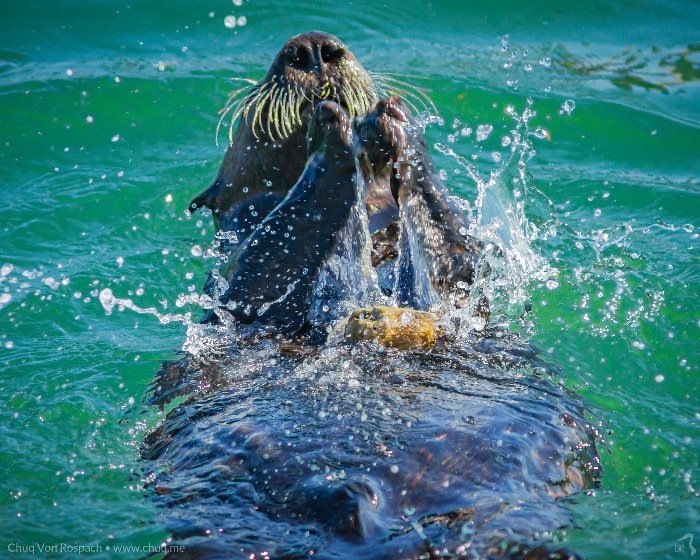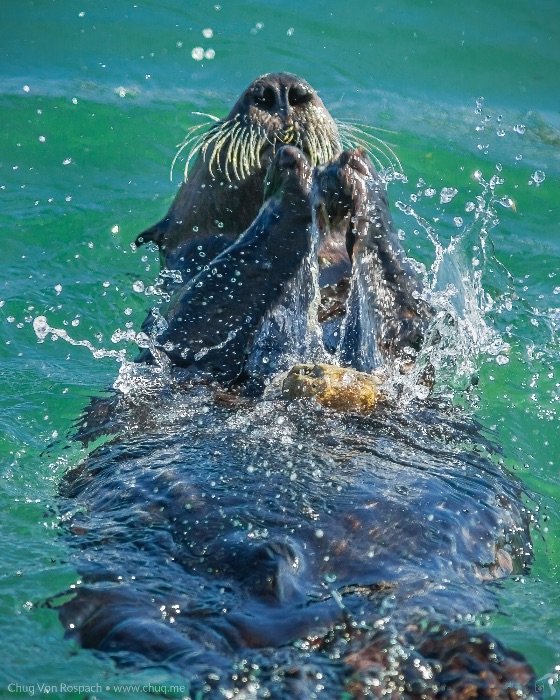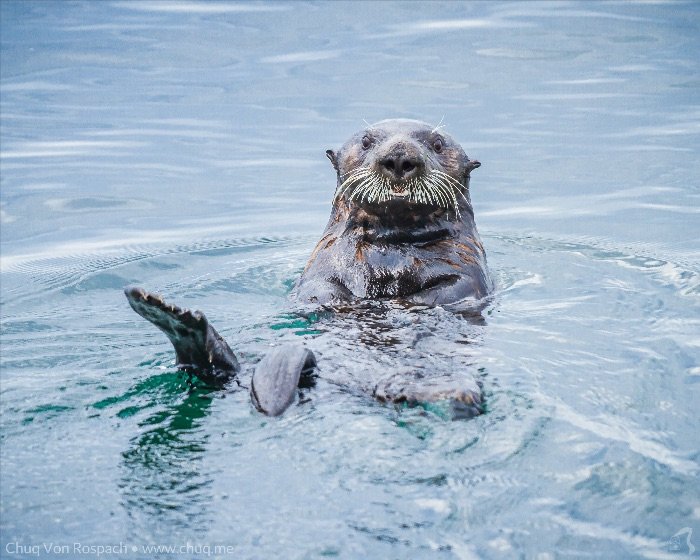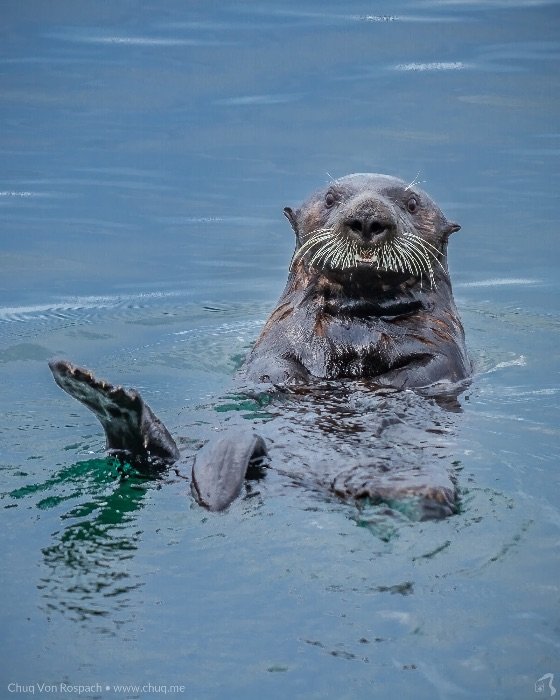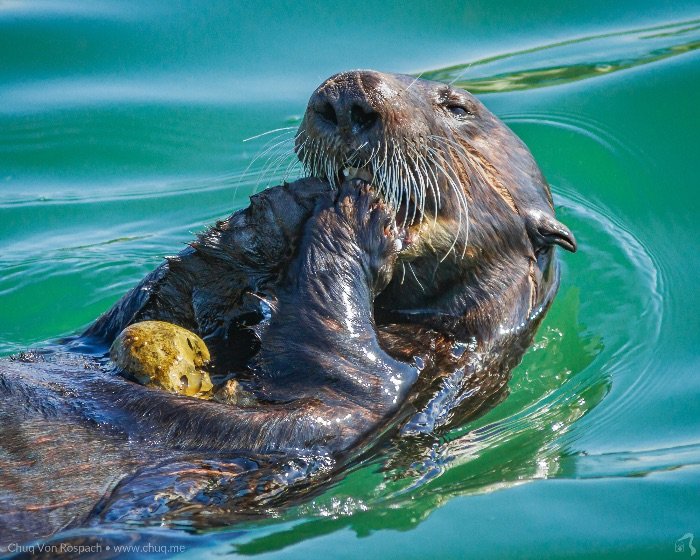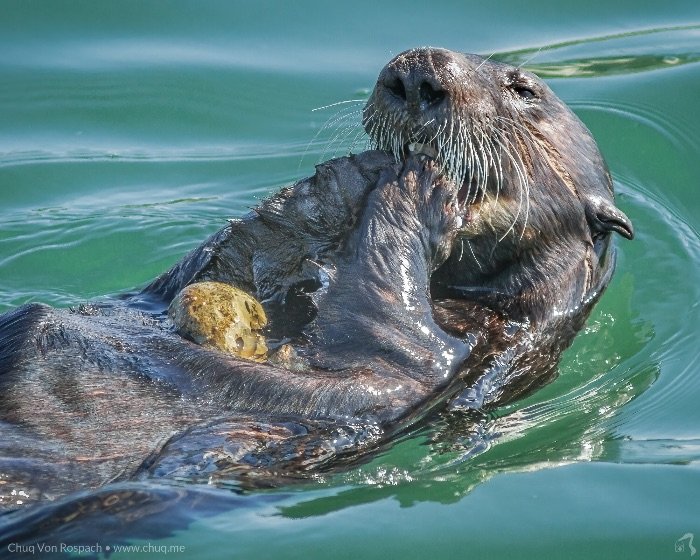Should You Take a Photo Workshop?
6FPS V3#4 - Photography and More
A Newsletter by Chuq Von Rospach
April 12, 2021
Welcome to the new issue of 6FPS.
Playing the long game.
This last month has seen a bunch of stuff that has been in the works happen and go into the "done" filing bin. For one, I started shifting things from my storage locker and garage into a PODs, which doing solo took six weeks to fill -- but it has been sent off to cold storage until I need it, which hopefully won't be until after the move. The timing of this was perfect and a total coincidence to the second project.
The second project is -- escrow closed on the house in Southern California and is now owned by my long-term tenants. When my mom passed away I sat down with them and they expressed an interest in buying, so we worked out a plan to make that happen. Here we are, six years later, and they now own the place they've lived in for over 20 years. They got a good deal, I made a nice profit and with one minor glitch in title (minor and being wrangled by my mom's estate lawyers) I think everyone wins. I like this kind of resolution.
Which now turns my eyes fully to finding the new place up North. As I write this, earlier today I hired a real estate group to help us find the new house and the search is on.
Laurie and I both have gotten our first shots of the Moderna Vaccine. we have appointments in April for shot #2, and giving it a couple of weeks to fully engage, we will be fully vaccinated by early May.
I don't plan to go north to view properties until I'm fully vaccinated and right now, I've tentatively scheduled a week in early June to work on the road and head up there to start figuring things out.
So while there's still de-clutter and clean up to do (current status: five boxes of paint and household stuff to Hazardous Waste, three trips (about six boxes worth) to Goodwill, and an ongoing set of things being tossed away completely. I've been able to completely clean up and organize the garage so we can walk in there and get to things without 20 minutes of digging. That makes me much happier and gives me some flexibility and access to my workbench again without having to move stuff around before getting started.
But it feels a bit weird, because I've had these long-term projects, and various things (like filling the PODs) that were somewhat time critical, since I wanted it out of the driveway. And now.... I'm back in slack time. It's way too early to start any serious packing, and everything to now has been about wrangling all the stuff that's more or less "cold storage" material -- and it's now in cold storage.
So I can start looking at other projects I've had stalled again, and sort of slow down and relax as well. I took a week off from work to do just that, and it happened to be the week I got the first vaccine jab and closed the house, but I also went out birding a lot, and started catching up on backlogged writing and my unprocessed photography. So I now feel like I'm not longer under deadline pressures, even if self-imposed.
Nice feeling. I need to be in that state more...
Resolution of the China Problem
I've talked a couple of times about my China Problem, that my mom insisted on buying us sets of china we didn't want, so they've been in storage and never used. I felt guilty just dumping them, so I found a company that buys china and silverware. As it turns out, the silver flatware we have and two of the four china patterns we somehow acquired were of no interest to them, so that all went to Goodwill. The two patterns that did, I boxed up shipped three boxes to them. We lost two plates in transit to the shipping gorillas, but the end result was -- about $250. It cost about $150 to ship (Fedex ground), plus boxes and bubblewrap (so much bubblewrap), and I ended up netting enough for a nice dinner ordered in from GrubHub, but I didn't contribute as much to landfills and that's five boxes out of cold storage that I don't have to think about or move later.
If I were to do it again, I'd probably just give it all to Goodwill, but i think it worked out as well as I could hope. Making them available to others makes sense, although I wonder just how many people today worry about china servings. It feels very much like my mom's generation thing.
In any event, another project done and stuffed away in the "success/complete" pile.
Building out a hybrid camera setup
One of those stalled projects has been figuring out my video work. In my early experimenting it quickly became obvious that the camera setup I used for still images had challenges when shooting video. There's an entire discipline about what's now known as hybrid shooting, which is a camera rig that can be used for both stills and video. I've been doing some gear acquisition and testing and well as a lot of research into what others do here, and I'm now starting to see some usable results. It's still early in the process, but I think the gear parts are more or less in a form I can live with for a few months before trying to tweak.
I'll write in more detail about this soon, and how it enables the video side while minimizing compromising the still image side of this. I will admit I've had the thought that this really calls for a second S-10 body and dedicating one to video and one to stills, but so far, I'm resisting that thought. (wish me luck).
The big challenge is that video requires a much more stable platform or the video is useless -- every wobble and jiggle ends up in the data and making your viewers seasick. I'm not interested in re-inventing the Blair Witch shakycam, so the question is what technique and what gear can help mitigate that. The reality is that video is much finicky-er than stills to do well. I think I've gotten to a good point, but it leads me to the second issue here...
Video is an entirely new workflow
Video requires completely different tools and a new workflow. My plan had been to do this using iMovie, but as so often happens, when you see the starting line for what is going to be a long-term project to get it up to speed and be comfortable with a reliable processing workflow, I kept deferring it. I now have about 95 gigs of raw video in the incoming folder waiting for this, and with all of the above it was easy to avoid this one.
But.. time to dive in. One thing I realized is that part of the reason I was hesitating was that part of my brain was arguing that iMovie was the wrong tool and I should build around Final Cut Pro instead. The other part of my brain wanted to keep it simple and not have to put the time in to re-learn my long-rusty FCP knowledge.
And in sitting and pondering this, I realized the most likely scenario was that I'd get everything set up in iMovie, and within a few months I'd shift from "keep it simple" to "this is limiting what I can do", and I'd then have to dig in and migrate to Final Cut Pro and re-do a chunk of the work. That solved this problem for me, and so yes, I'm now starting into an intro to final cut pro book, and this is finally moving forward again.
And with that, on with the show!
What's New from Chuq?
It was not a great month for new public writing. Will try to do better next month....
Should You Take A Photo Workshop?
I've found myself in a couple of conversations this month with people about Photo Workshops, with people who were unsure whether attending one made sense for them. My answer to that is generally a strong yes, but with caveats. So let's talk about the caveats a bit.
I have, over the years, attended a number of photo workshops of various types:
In 2009, I attended the Morro Photo Expo, a multi-day conference/convention/workshop. The keynote photographer was George Lepp, who I not only took in a couple of sessions with but was able to sit down and talk with as well. George at the time a local resident but soon after this closed his office and teaching facility and moved out of the area. Lepp was an early influential photographer and I frankly failed miserably at trying to replicate the style of some of his photos, and it was here I learned he did much of his work as stitched panos and with heavy use of things like focus stacking, and which really opened my eye to the power of moving beyond "get it right in camera" to leveraging the technology and power of the digital darkroom. I still love doing pano work when I do landscapes, and it's something you simply can't replicate with a single image or lens.
A few years later, I was back in Morro Bay taking a 3 day master class in printing, trying to really get my head around the technical aspects of creating a good image. This was taught by one of Lepp's former assistants, who bought Lepp's facility when George retired from it and moved. it was three days in a dim windowless room, but I found it useful to jumpstart my printing nerdery.
In 2014, I took a fall foliage workshop from Michael Frye, out in the Mono Lake area and based out of Lee Vining. As I told Michael at the time, I had never really felt drawn to fall foliage and I was looking at the workshop to try to understand the discipline and esthetics better. Michael was both a great trip leader and teacher, and I got some gorgeous shots. I admit I still don't find fall foliage a something I go out of my way to photograph, but I came away from it with a better appreciation of it, as well as Michael's use of longer lenses (especially the 70-200) in his photography.
In 2019, I took the Art Wolfe Lake Quinault retreat, of which I did a big writeup (see: here, here and here). This workshop fundamentally changed how I think about landscape photography, and taught me a number of digital darkroom techniques that I've adopted into my own workflow and use on every image today.
Each of those workshops was a different style and served a different purpose: the Photo Expo was me as the new but serious photographer trying to figure out some basic questions and looking for instruction; The printer class was a highly technical class to get me over a hump I wasn't solving without assistance; The 2014 was about being taken through a location by an expert guide to find images I never would have found through solo exploring; the 2019 retreat was about finding ways past a creative block in learning to take interesting intimate landscape images that I had found it very difficult to solve without instruction.
Additionally, I've taken two online classes from David duChemin, and spent a year with him in a mentorship program. I'm still involved with him and his alumni community of people who have taken his classes, and still find that a really useful group of people to interact with as we all learn from each other. I differentiate this from online instruction from sites like Creative Live or Skillshare in that these are passive, one-way programs, where to me, a workshop has an interactive aspect, and preferably, an in-person one. In these times of Covid, that's effectively impossible, but I hope by the end of 2021 we'll be able to do in-person events again, and I know many photographers planning for that.
The Value of the Workshop
What is the key value of attending a Photo Workshop? In some ways, it depends.
My 2014 workshop with Michael was about going to a location I did not know, was unable to spend the time and energy to learn, and leverage the expertise of Michael and his team to get good images out of that location. An expert guide adds value to a trip that guide books or online image searches cannot offer, and if you're willing to trade money to pay that guide in return for increased chances of success at getting the images, you'll find this kind of workshop a bargain. A few caveats to research when you're trying to choose a trip/guide: make sure they're insured, make sure they're acquiring all of the appropriate permits and have designed the workshop to abide by all of the rules of the locations being visited. You don't want your workshop interrupted because the guide was freelancing around the rules and got his party kicked out of the park -- which happens.
One other caveat here: do research on the person leading the trip. There are some -- and it's not hard to figure this out with online research -- who see workshops as a way to get the attendees to fund their own photo travels. Michael Frye, in my 2014 trip, did pull out his camera, but only after he was sure everyone in the group was settled in and shooting and productive. I've heard horror stories (but so far avoided them myself) of photographers who start shooting immediately and are uninterested in interacting with their group once they arrive at a shooting location. You don't want to join a group with someone like that leading.
The other type of workshop is the instructional workshop like the one I took from Art Wolfe or the print class. The printing class, for obvious reasons, was all in-room instruction with no field work. Art's retreat I break down into three pieces: morning lectures, field work and image critiques -- plus the wonderful group dinners and meals. About 2/3 of our time was field work, with Art starting the morning with lectures and discussion and critiques done sometimes in the morning and sometimes later.
Art and his team spent a lot of 1:1 time with all the participants, and I personally got really useful dedicated time with one of his assistants and at another point Art took me aside and put me through a mini boot camp to help me figure out how to see the landscape the way he was looking at it. Both of those times were crucial to help me get through the mental blockage I was fighting, and I'm not sure I would have ever gotten there otherwise -- the first half of the retreat I really struggled and felt out of my depth, but by the time it was done, I left feeling like i had made good progress and at least was at the beginner-competent mark on the journey.
The Problems with Photo Workshops
Workshops have problems and challenges you need to be aware of. a primary one: they are expensive and you have to commit time to go and be part of the workshop. This is easier for some, harder for others and impossible for many, but I feel like you benefit from the in-person aspect in ways you can't get any other way (and if you're taking a location tour/workshop, the idea of doing it virtually is honestly silly. I don't believe I'd benefit from a 1 hour seminar showing me pictures of a location vs being guided by someone there).
A workshop is not a passive thing: you are expected to put in the time and work. Showing up will not magically get you images -- the leader sets the table, but you're in the kitchen cooking. I have heard horror stories of that type of attendee, and they can make it miserable for the entire group. The Wolfe workshop involved grabbing breakfast, lectures and critiques, hours of shooting and tromping around shooting locations, and then a group dinner -- followed by going back to the room to process images, evaluate yourself and have something ready for the next critique. Long, tiring and fulfilling days; and if you aren't willing to make that commitment, don't do it. If you expect the leader to get you that magic shot simply because you paid your fees, honestly -- just buy one of their prints instead.
You sometimes can run into another attendee you just don't get along with, or who feels because they paid their fees they can dominate the time of the leader and their team. There is frankly not much you can do here to avoid it -- but if it starts happening, talking to the leads and expecting them to manage it is important. Don't just sit back and be miserable.
And sometimes it rains and the shooting plans all go to hell. Nature is a finicky beast.
I think it's important to another aspect. Just like Gear Acquisition Syndrome can be a real problem for a photographer, so can Workshop Acquisition Syndrome. Taking workshop after workshop is just as expensive -- sometimes more so -- as buying camera after camera expecting things to magically get better in your photography. I think it's important to consider which and how often a workshop makes sense in terms of improving your craft -- and often finding the right online classes might get you at least part of the way there for a lot less money.
If your goal is to take a location tour every year and visit exotic locations with your camera, well, sure. Go for it. But I think instructional workshops need to be considered more strategically. And if you can afford to pay for a location tour every year, well, I'm jealous, but I hope you enjoy and create many stunning images.
Should you take a Photo Workshop?
As I said at the start of this, the answer is a strong yes, but with caveats. I think you need to understand how to answer a few questions:
What do you expect out of the workshop?
Is the Workshop designed to give you that? Do not, for instance, go on a week tour of the Grand Tetons expecting instruction, unless the leader specifically calls it out. Location trips are about the location, and teaching is minimal or incidental. Also, don't take a tour built around instruction when what you really want is trophy shots at the location it's being held. they MIGHT happen, but that's not the primary purpose. Also, as I noted: it might rain.
Is the leader qualified to teach this to you? Do the research. I suggest you know the work of the lead photographer well enough to know whether you want their knowledge to influence yours.
I think knowing how to answer these questions will take you a long way towards deciding if a specific photographer or workshop is right for you. Everyone is different with different skill levels and goals and budgets. Matching all of that to your needs is key to feeling like you got good value out of taking a workshop.
My Future Workshop Plans
I definitely plan to take workshops in the future. I'm not currently planning any because of Covid, and because most of my thoughts about workshops/tours are on the landscape side of my photography which is currently in hibernation because of the virus. I do have two specific leaders that I've wanted to work with, though:
William Neill: Neill is a long-time Yosemite photographer and his intimate landscape and use of light is one of the things that got me started down my own crazy path into intimate landscapes as well. He teaches 1:1 mentoring trips in Yosemite, and I've long wanted to spend 2-3 days with him exploring his knowledge of the place, but I simply haven't made it work in my schedule. I'm not sure how my pending move to Washington might affect this plan, but it's still one I really wish to do.
Frans Lanting: Lanting lives a couple of hours south of me, and teaches workshops both locally and on location. Many of his workshops focus on the more intimate side of landscapes and I've wanted to take a workshop from him for a few years -- and again, I haven't made it work in my schedule. I have taken a few of his online classes via Creative Live and those convinced me I really wanted to find a way to take one of his workshops as well.
I'll note that in general, I think it's important for you to learn from a variety of voices, and so I generally encourage myself and others to not repeat workshops, or only take workshops from one person. That said, I've wanted to take a Yosemite workshop from Michael Frye because I love his style and knowledge, but I wanted to do the trip with Neill first. And I fully intend to take at least one more workshop with Art Wolfe, perhaps his Port Townsend Abstract workshop. But 2021 is going to be too busy, I think, to consider it, but we'll see how it goes in 2022.
I also fully intend -- someday -- to take a photo tour to Yellowstone in winter. I've talked to a couple of organizations about that, but I'm not frankly ready to commit to doing it, and it's a few years off. But in terms of the location tours, that's definitely top of my list. Notably missing from this talk is any discussion of a bird-centric photo trip, and that is something I'm starting to think about but don't have any specific plans yet. But I really should.
If you have questions about workshops -- please drop me a note and we'll talk. I'm happy to try to steer you towards ones I think are good, and if I can, away from ones I've heard bad things about. Happy to help if I can. Workshops are expensive and time intensive, and I think it's important that when you choose to do one, it's the right workshop for what you want to accomplish.
Photos: Revamped Images
To show off some of the work I'm doing to reprocess some older images (see New Tools, Old Images above), here are three different images with before and after samples. My previous processed master is on the list, with the updated one on the right. In some cases the updates are minor -- dust spots, or chromatic aberration, things unliked to be noticed at small sizes. But all of them, I think, have better color and detail, and as you can see, my ideas about proper cropping have changes a bit...
This is a useful exercise as a way to improve your existing collection of images, but also a potential time sink and rathole where you find yourself making changes that don't significantly improve an image. It's something you should ask yourself starting down this path: which images are worth the effort, and will it make the image better, or just different?
If your processing style has evolved, as I believe mine has, bringing older images into that modern look and styling can also make sense -- but save it for the special images, not the spear carriers.
For Your Consideration
Photography
The Healing Power of Self Portraits (Sean Tucker)
Be Brave And Discover Your TRUE Creative Voice In Photography (The Photographic Eye)
Wildlife in the Forest - Live Camera with sound || fox, badger, marten, deer and birds(Morten Hilmer)
Field review: Fujifilm XF 70-300 F4-5.6 R LM OIS WR -- I have ordered one. Expect my review of it in an issue or two.
Birds, Birding, and the Outdoors
Birdsong in a Time of Silence by Steven Lovatt review – lockdown's high notes
Administration Revokes Opinion That Compromised Key Bird Protections
Scientists Finally Identify a Deadly Toxin That's Been Killing Birds
Birdwatching was seen as a White man’s hobby. These people are reclaiming it.
Health and Fitness
Science and Technology
Scientists may have solved ancient mystery of 'first computer'
Make Twitter better with Lists - I've adopted using lists for some things, and it has definitely improved my twitter experience and reduced how much time I spent on the service.
Interesting Stuff
The forgotten, fiasco-filled story of the San Francisco Spiders, who played at the Cow Palace: for one glorious year, we got to be webmasters for a minor league hockey team. A time I will never regret. Or repeat.
Discovering WW1 tunnel of death hidden in France for a century
Burrowing Bunnies in Wales Unearth Trove of Prehistoric Artifacts
See you Soon!
And with that, I'll see you in 2021 with the next issue. I'd love feedback on this, what you like, what you want more of, what you want less of. And if you have something interesting you think I might want to talk about, please pass it along. Until then, take care, and have fun.
Chuq (chuqui@mac.com)
About 6FPS and Chuq
6FPS (Six Frames Per Second) is a newsletter of interesting things and commentary from Chuq Von Rospach (chuqui@mac.com).
Coming out monthly on the 2nd Monday of the month, I will place in your inbox a few things I hope will inform and delight you. There is too much mediocre, forgettable stuff attacking your eyeballs every day you're online; this is my little way to help you cut through the noise to some interesting things you might otherwise not find.
Some links in this newsletter may point to products at Amazon; these are affiliate links and if you use them to buy a product, I get a small cut of the sale. This doesn't make me rich, but it does help pay my web site bills. If you use the link to buy something, thank you. If you prefer not to, that's perfectly okay, also.
